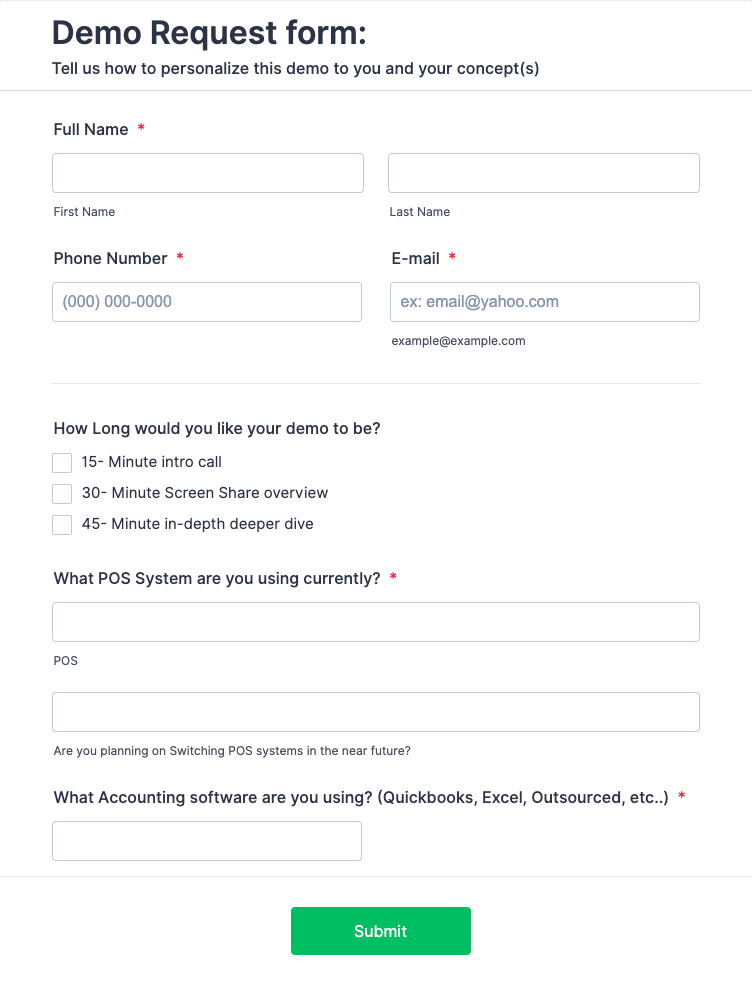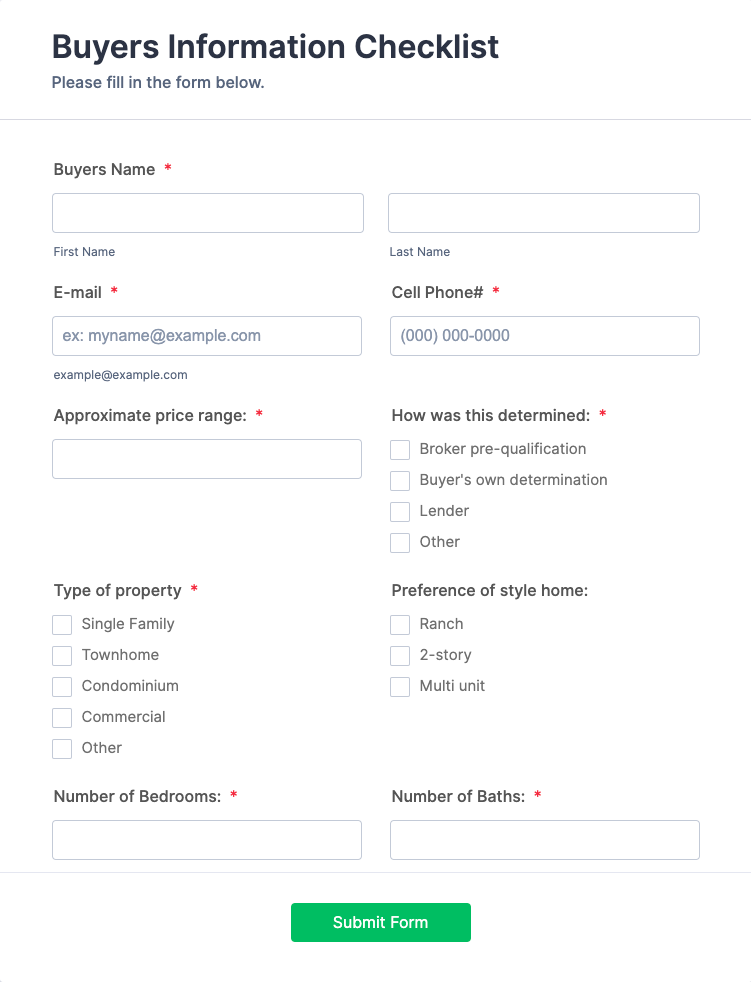Businesses are always looking for ways to make things a little easier. In challenging economic conditions, business owners and company executives often focus on reducing operating costs wherever possible.
This is why, now more than ever, automated lead generation is becoming a crucial strategy to fill sales pipelines. There are many aspects of sales that will always need a human touch, but you can automate a lot of the work involved in generating inbound leads.
Lindsay Kolowich Cox at HubSpot does a good job of describing how. Cox notes that generating leads isn’t materially different from collecting job applications. In both cases, you simply attract the attention of an audience and offer a path forward for the most interested members of that audience.
In the hiring process, the end of that initial path is someone submitting a job application. In sales, it’s a prospect signing up with an email address or a phone number so they can learn more.
Benefits of automating the lead generation process
Salespeople tend to lack time rather than prospects. So automating some of the work of verifying a prospect’s interest ultimately saves your sales team time.
Prospects convert to leads by moving through the early stages of the sales funnel themselves, and your salespeople can focus their energies on talking to qualified leads about their needs, concerns, and objections.
This is where automated lead generation creates value for a company. By freeing up salespeople to do what they do best — applying that all-important human touch — you strengthen the entire sales pipeline.
At this point, it might be helpful to examine the entirety of that sales pipeline. Danny Wong, cofounder of Blank Label, outlines the seven steps of a typical sales pipeline:
- Prospecting
- Lead qualification
- Demo or meeting
- Proposal
- Negotiation and commitment
- Closing the sale
- Post-purchase actions
Lead generation overlaps with the first and second steps, and this is where automation can play its part. But the benefits of automated lead generation extend beyond the lead qualification stage.
When salespeople aren’t spending time prospecting or qualifying leads, they’re able to put more effort into scheduling demos, drafting proposals, or securing commitments from potential buyers.
Automated lead generation also weeds out prospects who have no intention of sitting through a demo or entertaining a proposal. This means salespeople ultimately get to spend more time closing sales.
How Jotform helps automate lead generation
Here’s where the commonalities between something like job applications and lead generation become apparent. That’s because data-capture forms do so much of the work in both cases.
For example, imagine a software startup that’s looking to grow its user base. The company knows it has an innovative, game-changing app — it just needs the right people to try it out.
So the company creates a marketing campaign complete with blog posts, white papers, and social media ads that point users back to a splash page. That splash page lists a handful of the software’s features just above an email capture form. Below that is a button that says, “Schedule a Demo Now.” In Danny Wong’s seven-step sales cycle above, the first three steps are almost fully automated.
Just so you know
We have more than 120 lead generation forms. No matter your industry, your customer, your business, or the length of your sales cycle, you can find a lead generation form that meets your needs.
Now imagine a real estate agent who has just opened up shop. She’s starting fresh and needs to fill her digital Rolodex with the names of potential home buyers and sellers so she can begin to build those important relationships.
She could begin by networking via social media and pointing people back to her website. On the site, she could offer a piece of useful content — say, a checklist for first-time home buyers — that people can download in exchange for their email address. A contact capture form is all she needs to make that happen, and that covers steps one and two of Wong’s seven-step sales cycle.
Did you know
Those signups could then go straight to a sales CRM template so the real estate agent would be able to easily manage her client relationships from a single dashboard.



















Send Comment:
2 Comments:
More than a year ago
Hi, I really love how detailed your article was, great job. So much useful information you have shared about lead generation. The article is well optimized and worth reading. Please keep posting!
More than a year ago
Hi,
The article is well written and worth reading. Thank you for sharing the valuable information. Please keep sharing about lead generation.